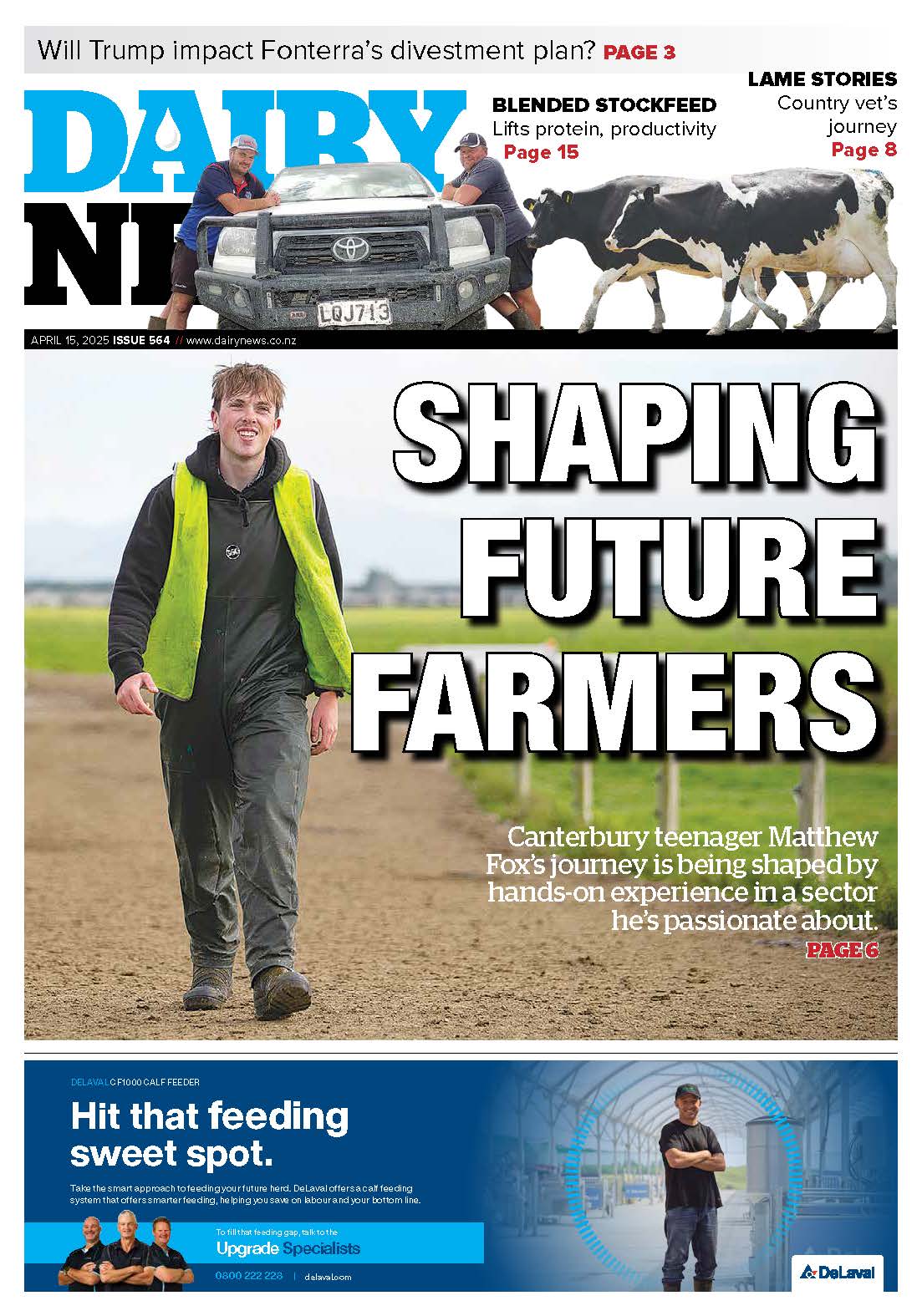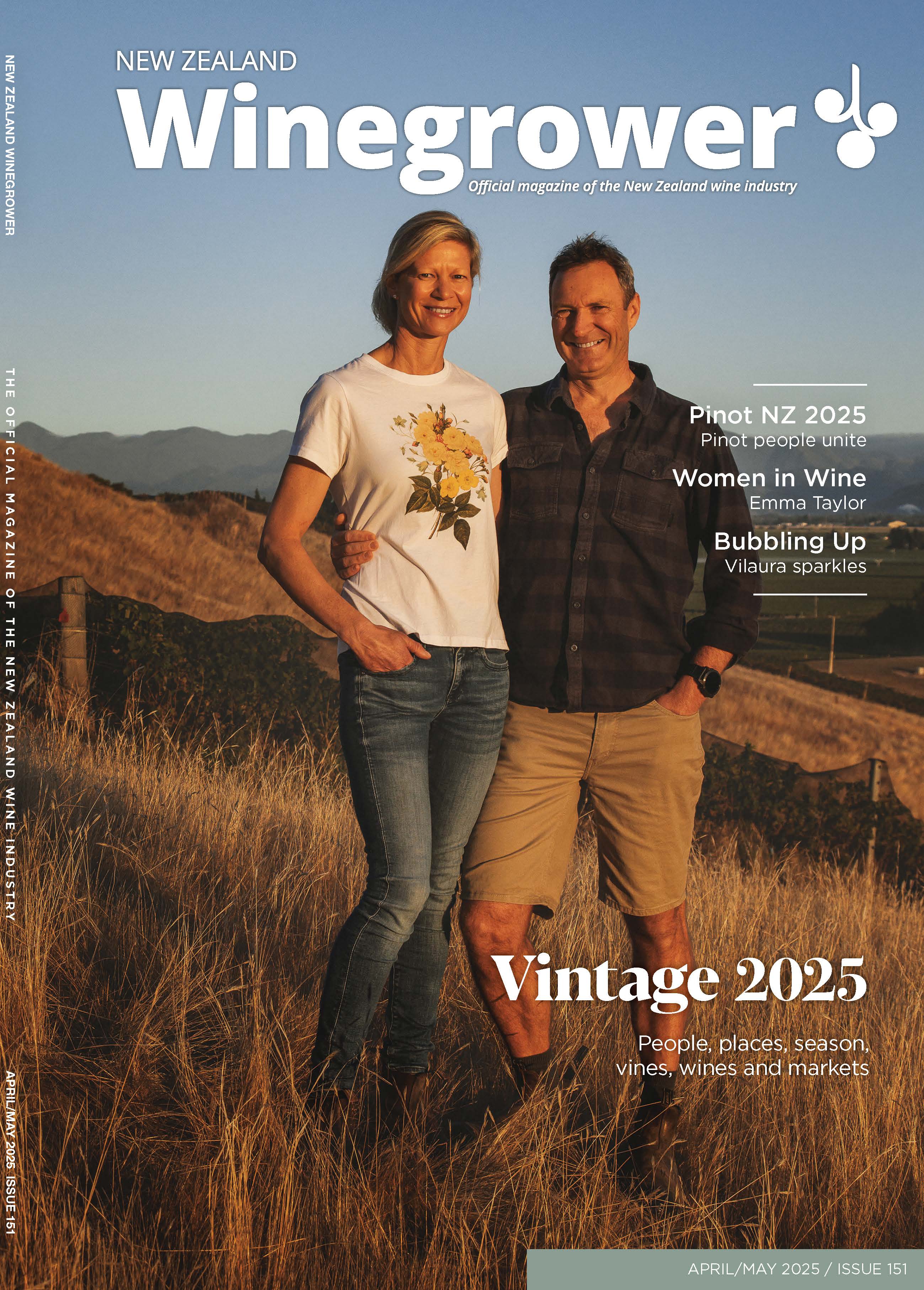It is now owned by Treasury Wine Estates, based in Australia.
Bill and his brother Ross founded Matua Valley (now re-branded as Matua) in the 1970s, and went on to build the current winery north of Kumeu-Huapai. Of course in those days things were smaller. "If we ever crush more than 80 tonnes shoot us," said Ross at the time!
The on-site original homestead was converted into a high class restaurant known as the Hunting Lodge. The conversion by Treasury of the Hunting Lodge into a Matua cellar door sales and tasting facility in 2011 was a big move. But three years later, this also will be closed. The Matua brands bottling will then move largely overseas where Treasury owns several wineries and bottling facilities.
Initially the Matua Valley winery was built to handle the adjacent 20 hectare vineyard which had many varieties Ross had found in his overseas winemaking education and travels. One of these varieties, Sauvignon Blanc, has gone on to become a leader in Marlborough and New Zealand, something of great pride for the Spence brothers.
The first Montana (now Pernod Ricard) plantings of Sauvignon Blanc came from this site from vines propagated by Ross. But to some extent, this success with Sauvignon Blanc in Marlborough has ultimately led to the impending closure of the Auckland winery. The volume for Matua and its brother brand Shingle Peak now requires thousands of tonnes of grapes each vintage, and a high percentage of these are sourced in Marlborough.
So owners Treasury Wine Estates are going to stop Auckland operations. They are closing both the Great Western (Seppelt) winery in Victoria, Australia and the Matua Auckland winery in New Zealand by mid-year 2016.
The brands will not be lost. Treasury has invested heavily in the Matua Marlborough winery over the past two years and this is now state-of-the-art, the company says. This was built originally as the Corbans Stoneleigh winery and was taken over by Rapaura Vintners (previously VinTech) and in turn Treasury has bought the equity of the other winemaker shareholders in the facility. The Shingle Peak brand is almost entirely made there.
The Auckland Matua winery closure is both cost-cutting and practical the company says. Marlborough is a highly reputed wine production area and Matua draws the majority of its grapes from there whereas there are no significant plantings to justify a winery in Auckland. Third party wineries will be used in the future for North Island grapes.
"It makes sense in business or corporate logic," says Ross. "So much of Matua's production, and in fact it's future, lies in Marlborough. What good is an Auckland winery? We may feel sentimental about losing a site we put blood, sweat and tears into. But from Treasury's sights, Auckland is not viable for the brand today."
Bill agrees. "We have to carry on. I fully understand the financial reason for the Matua Auckland closure."
He remains an international brand ambassador liaison with Treasury.
In Auckland, closing the Matua winery is also seen as a loss of business and wine heritage in West Auckland where so much of New Zealand's wine industry began.
Ross is more cosmopolitan, talking of a corporate job that perhaps had to be done and thinking with warm memories of the Matua past.
"It is big business making decisions beyond what some of us might see as sentimental," he says. "Corporate business doing corporate decisions for their balance sheet."
The closure of the winery may see a new boutique or craft brewery on a site which once produced Chardonnay and Merlot. Both Bill and Ross are philosophical. "Of course it is out of our hands. Just as the people of Great Western look back on their heritage."
Heritage lost? Perhaps a little, but warm memories remain. Meanwhile the brands go from strength to international strength.
This email address is being protected from spambots. You need JavaScript enabled to view it.










